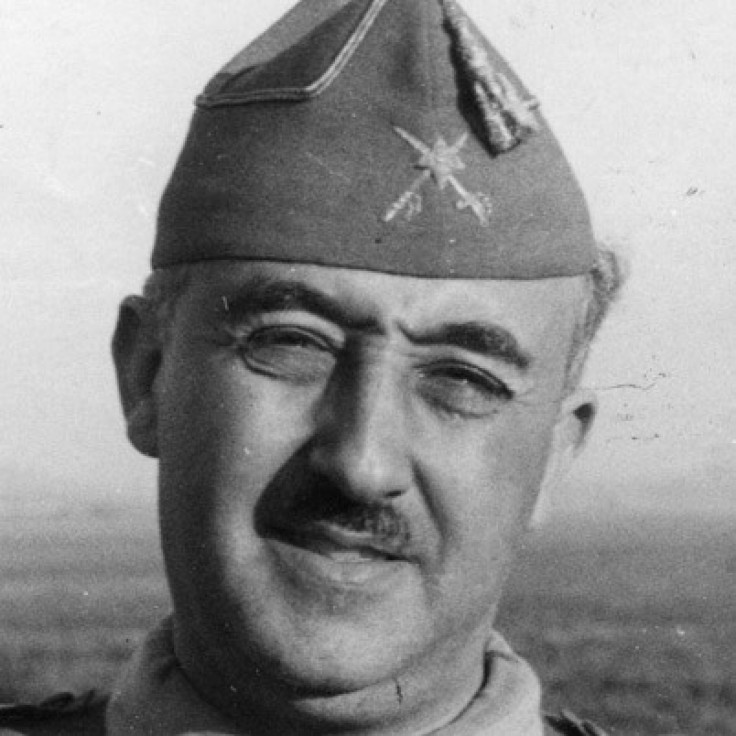Spain Seeking To Erase Francisco Franco From Its Conscience

In a measure that reflects Spain’s desire to distance itself from its Fascist past, a judge has ordered the city of Valencia to strip former dictator Francisco Franco’s honorary title of mayor.
The judge upheld a motion proposed by a left-wing coalition called Compromis and rejected a plea by Valencia’s municipal government to retain the honor which was awarded to Franco in 1939, at the end of Spain’s Civil War.
The judge cited that anything that placed Franco in a favorable light is contradictory to the values of a modern democracy.
"To maintain this distinction for the top figure in the military uprising and subsequent dictatorship is a clear attack on the legal system," stated Compromis.
More than thirty-five years after Franco’s death, the generalissimo remains a divisive figure – detested by liberals and Socialists, ignored by many, but revered by an ever-diminishing group of right-wing admirers.
The Valencia episode comes on the heels of many other cities across Spain which have similarly removed honors and titles held posthumously by Franco. Many streets and plazas which were named after him have also been changed, while other public references to him have been eliminated under the auspices of the Historical Memory Law, which was passed in 2007 under the Socialist government of José Luis Rodríguez Zapatero.
Indeed, two years ago the last statues of the former dictator were removed from military headquarters in Valencia.
However, the most prominent shrine to Franco, the Valley of the Fallen, which features a 500-foot cross and mausoleum, just north of Madrid, remains in place and attracts an annual pilgrimage of neo-fascists from around Europe and North America every year.
Socialists have long urged the authorities to either tear down the monument or replace it with some other structure, perhaps a basilica, while exhuming Franco’s body from the site.
However, such plans have been scrapped with the emergence of a new conservative government which gas far more pressing subjects to deal with, namely Spain’s catastrophic economic collapse and 25 percent unemployment.
“The Valley of the Fallen is a very hard symbol to deal with because it is exactly the opposite of a monument of reconciliation,” Mercedes Cabrera Calvo-Sotelo, a Socialist politician and former education minister of Spain, told the New York Times last year.
“It would have been a lot easier for Spaniards to digest the past if the dictatorship had come first and had then been followed by a war, as happened in many other countries, but wishful thinking cannot change history.”
© Copyright IBTimes 2024. All rights reserved.











